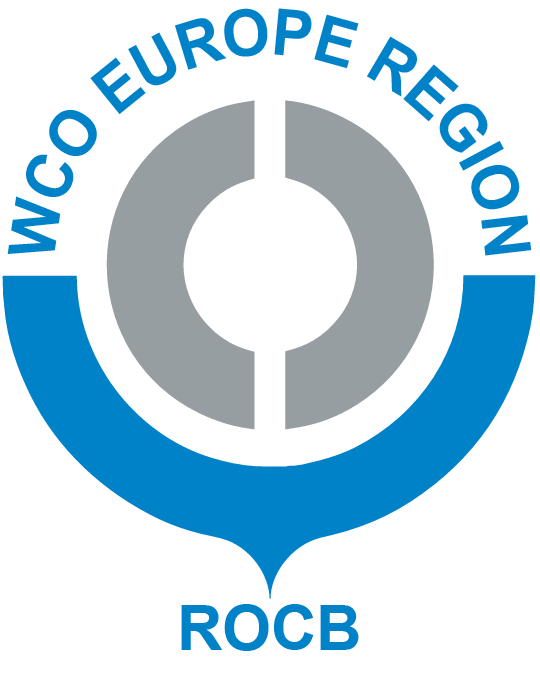On May 2, a training session was held on the topic "Preventing the circulation of modified drugs" at the ROCB Europe. The event saw the active participation of various key figures, including the First Deputy Chairman of the State Customs Committee of the Republic of Azerbaijan, Mr. Ismayil Huseynov, representatives from the United States Drug Enforcement Administration, and over 40 employees from related structures of the Committee.
The primary objective of this training, which was organized by the United States Drug Enforcement Administration (DEA), was to reinforce collaborative efforts in combating illegal drug trafficking. The participants engaged in exchanging valuable experiences, discussing successful methodologies, and enhancing the potential, knowledge, and skills of customs officers specifically in relation to preventing the circulation of modified drugs.
During the opening ceremony, Mr. Ismayil Huseynov, the first deputy chairman of the State Customs Committee, delivered a speech focusing on the legal framework of the Azerbaijan customs service, strategies employed to combat illegal drug trafficking, and the significant achievements accomplished through international cooperation. The speakers emphasized the importance of the event and conveyed their best wishes for success to all the participants.

During his address, Mr. Mirhasan Seyidzade, Acting Director of the ROCB Europe emphasized that drug trafficking continues to be a global challenge, resonating across individuals, communities, and nations alike. He highlighted the gravity of its consequences and the pressing need for concerted efforts to combat this illicit trade.
Mr. Seyidzade specifically underscored the significance of the Modified Jetway Training organized by the DEA, commending it as an exemplary initiative that showcases innovative training methodologies. This program was meticulously designed to enhance the capabilities of law enforcement officials in detecting illicit drugs and other contraband expertly concealed within commercial air cargo.

Spanning from May 2 to May 4, the training comprised contributions from international experts who shared their expertise on preventing the circulation of modified drugs. Through informative presentations, these experts showcased their experiences in customs operations, highlighting effective practices. Additionally, local customs officials delivered presentations on their own practices and operations, fostering a comprehensive and well-rounded learning environment.

The training program concluded with a fruitful exchange of opinions among the customs officials, enabling them to delve deeper into topics of interest. As a token of recognition for their active participation, certificates were awarded to all the attendees, signifying the successful completion of the training session.



